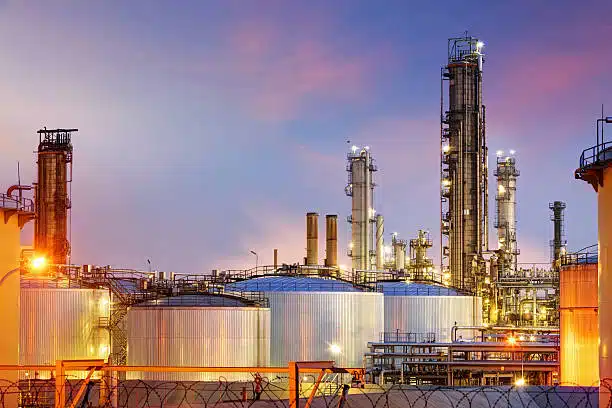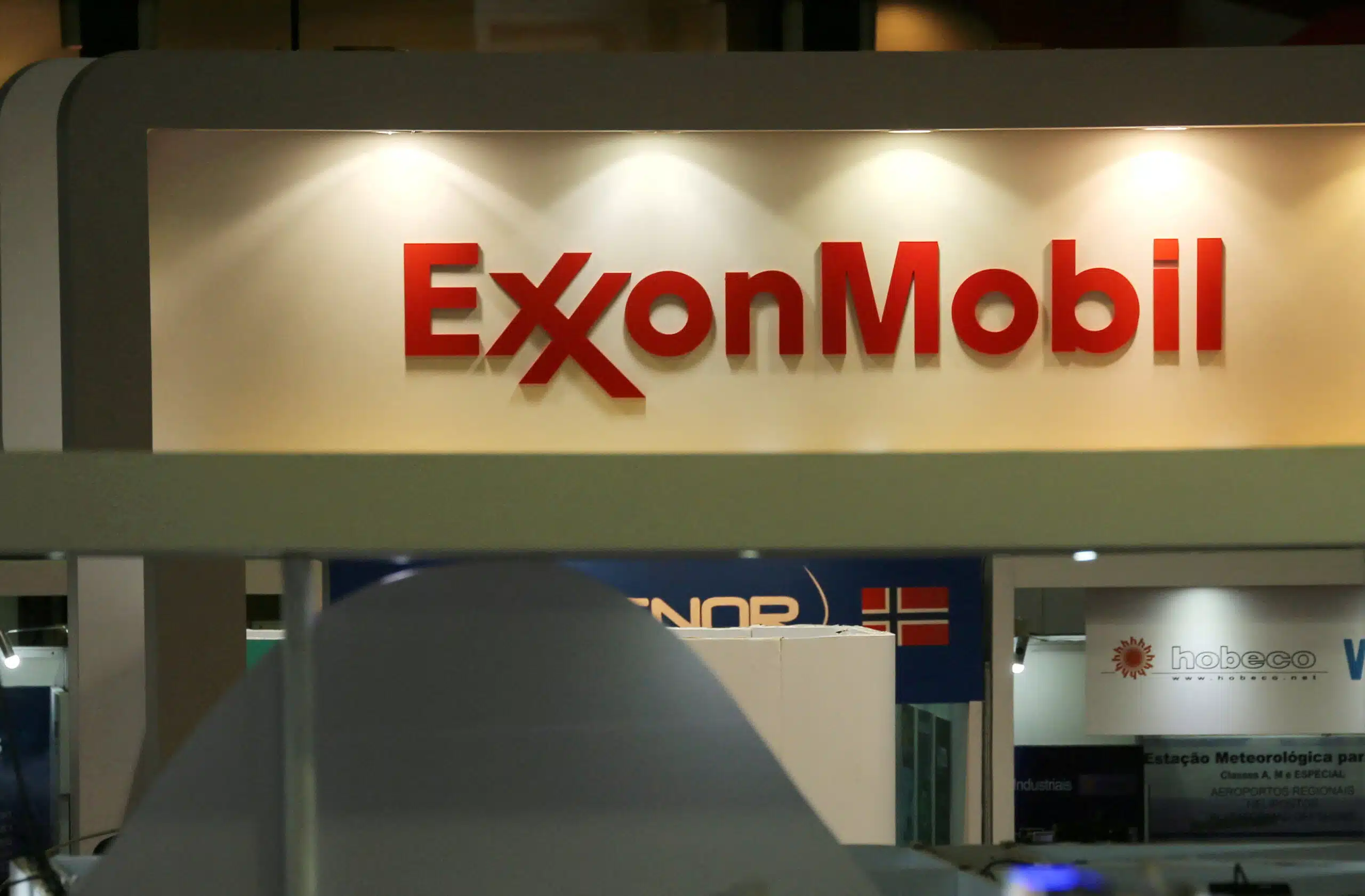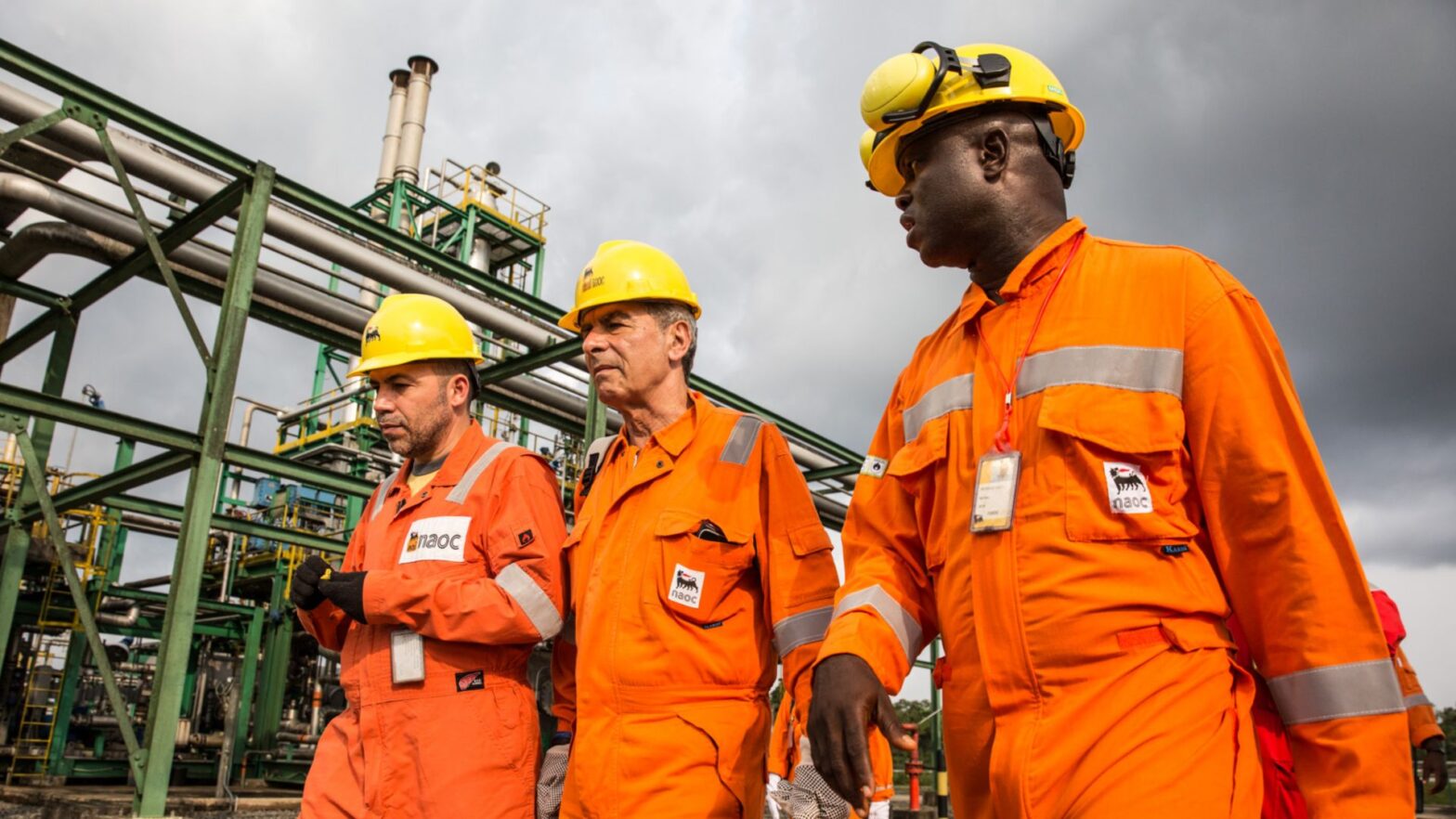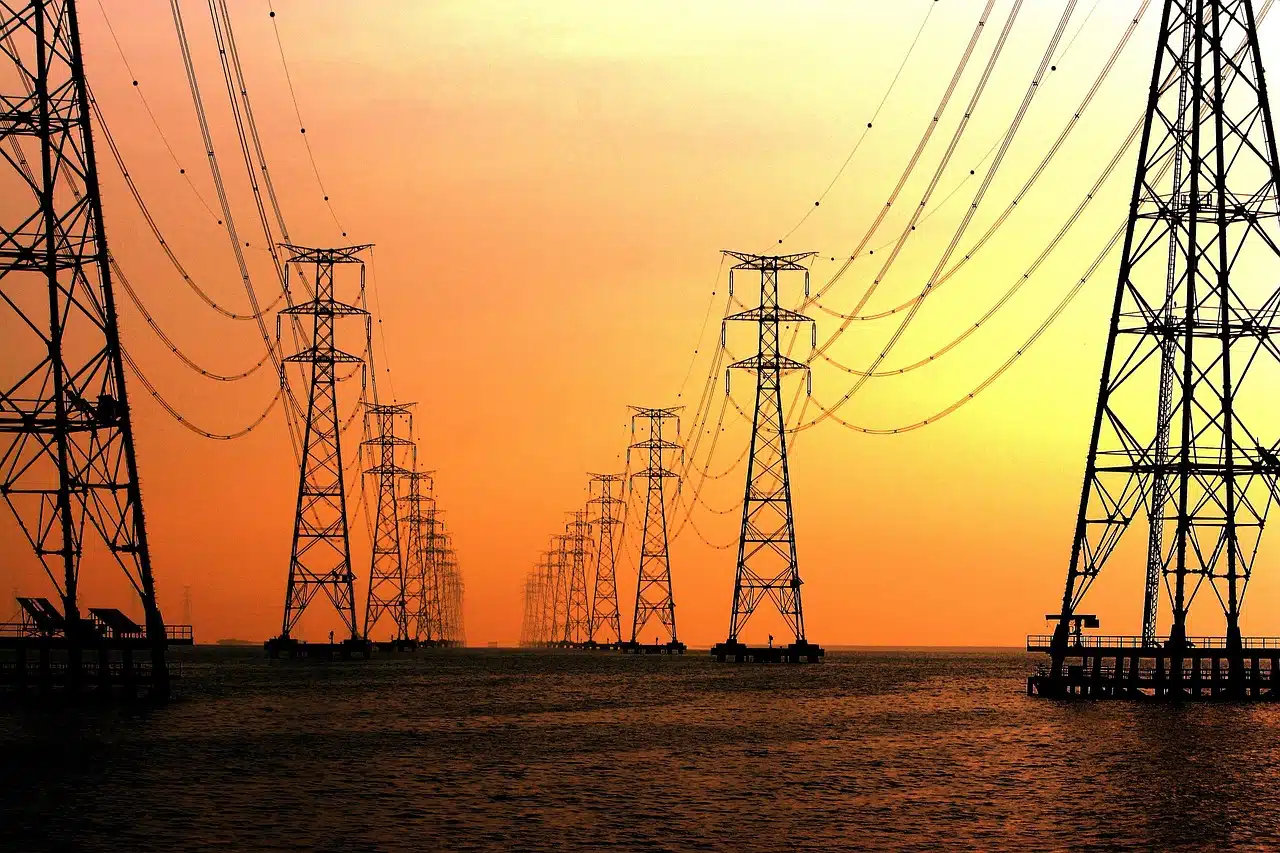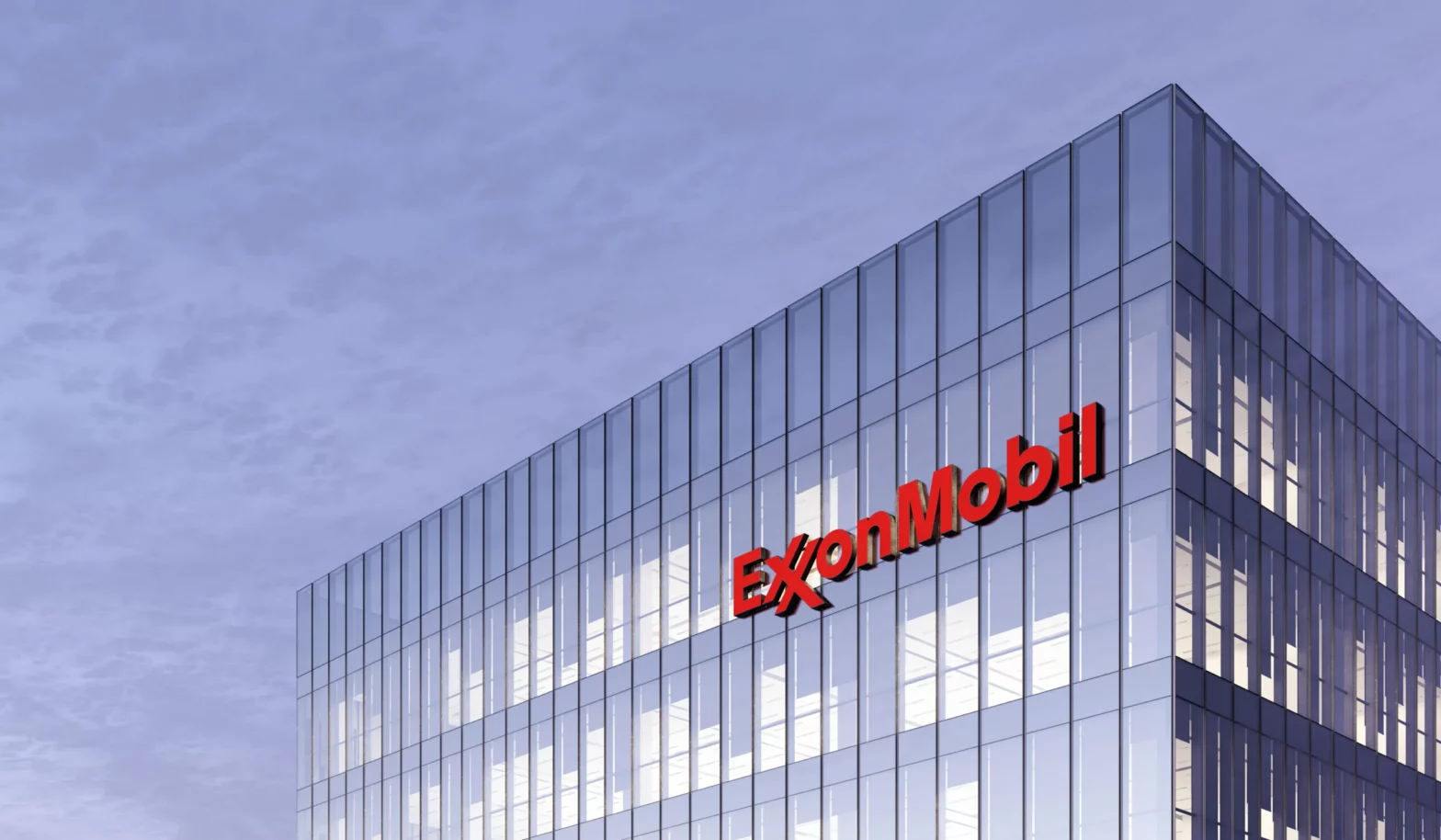A Namibian company, ISF Trading Enterprises, has announced plans to build a 300,000 barrels per stream day (BPSD) modular oil refinery at Walvis Bay in Namibia.
Namibia Mining and Energy made this announcement on Monday in a report by the country’s Ministry of Mining and Energy.
According to the statement, the refinery forms a critical component of a broader integrated Green Energy Complex planned for Walvis Bay. The complex will also include a 500MW renewable energy power plant and a 4,000m³ per day desalination plant to support the facility’s water needs.
The project has been granted a conditional allocation of Portion 46, a 305-hectare industrial land tract, by the Walvis Bay Town Council.
The final transfer of the land, however, hinges on the company obtaining the necessary environmental and statutory approvals.
According to a report by Reuters, Calle Schlettwein said the approval for a second desalination plant with a capacity of about 20 million cubic meters has been granted, and the plant is expected to be commissioned by early 2027.
As Namibia’s oil production increases, the refinery will first process imported crude oil before switching to locally derived crude oil by 2027–2028.
Proposed renewable plant
In addition, ISF Trading is also planning to develop a 500 MW renewable energy plant in the South African country, alongside the refinery, to support energy sufficiency and drive development.
The proposed 500 MW renewable energy power plant will utilize GWE Genset technology, a cutting-edge system powered by lithium titanate oxide (LTO) supercapacitors.
This innovative technology will generate electricity without relying on fossil fuels, according to a statement from the company.
“The GWE’s Genset is a technological breakthrough that operates using a bank of lithium titanate oxide supercapacitors to initiate a geared DC motor, which drives an alternator to produce electricity. The geared motor is continuously powered by the bank of LTO supercapacitors,” the company explained.
Additionally, a modular desalination plant with a daily capacity of 4,000 m³ is part of the project. The facility will purify brackish or saltwater for on-site usage, with any excess water going into NamWater’s reticulation system.
“Water will be pumped directly by pipeline from the harbor to Portion 46 for desalination to be used onsite, with surpluses feeding into the NamWater system,” the company added.

